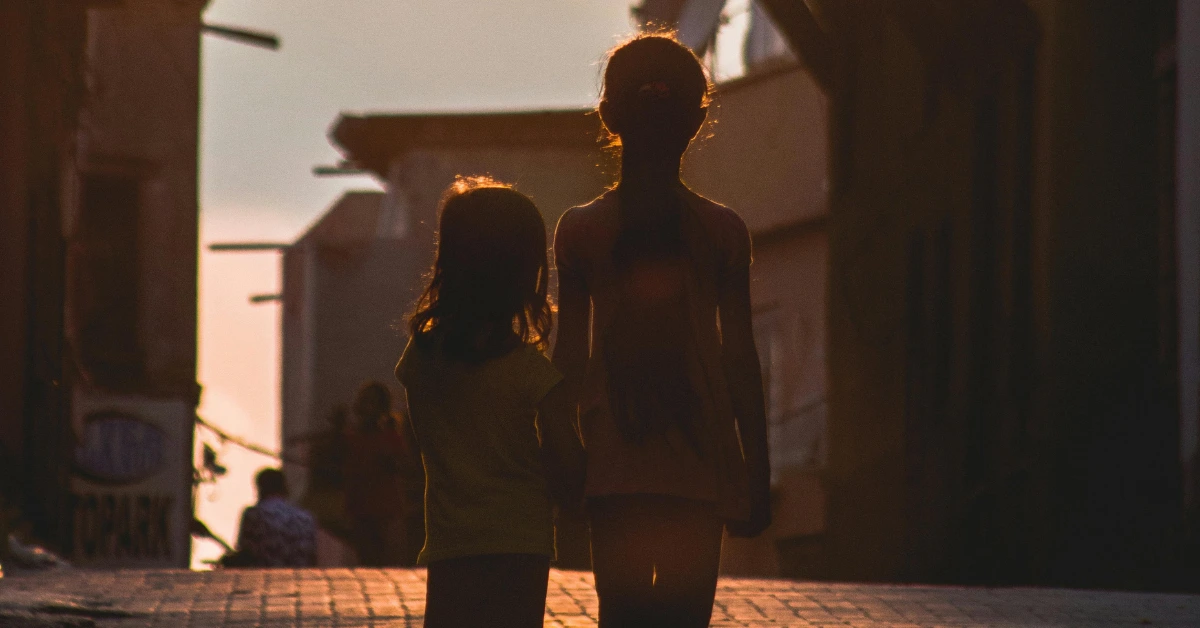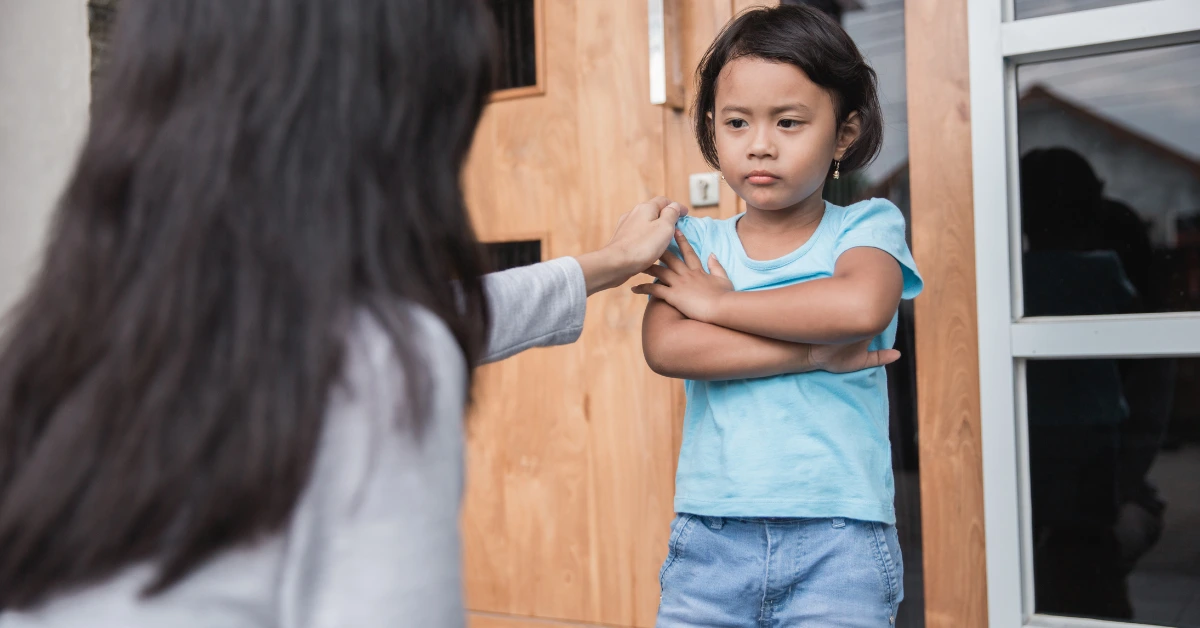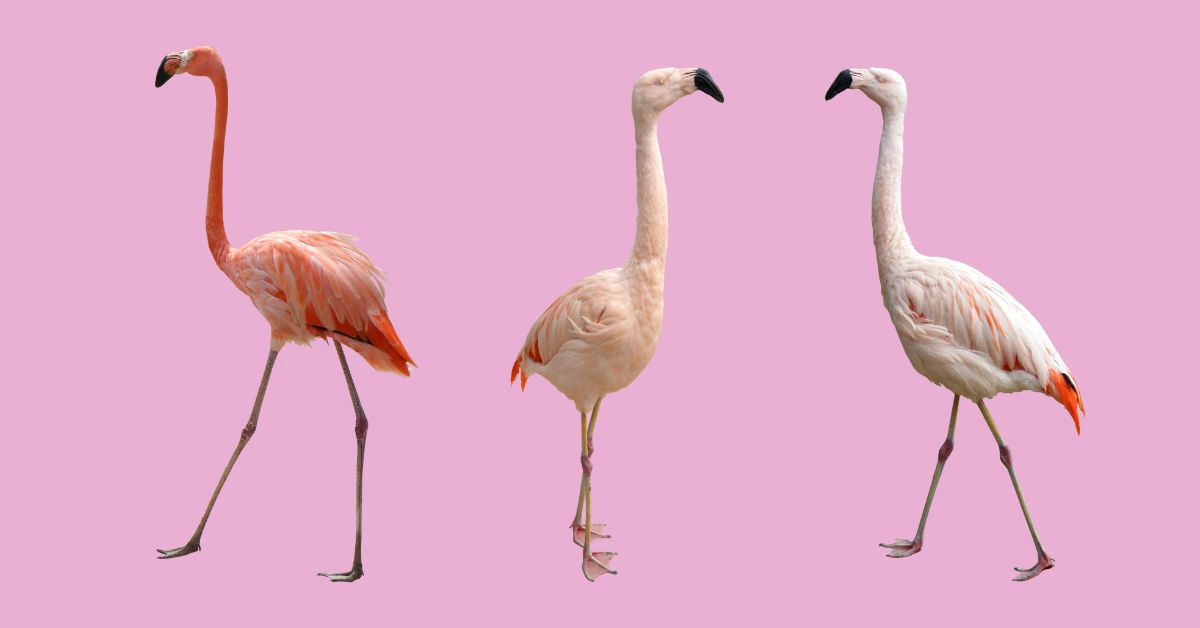Breaking the Cycle as the Eldest Child in a Filipino Family

The Role You Didn't Choose
No one always says it directly, but you feel it. You feel it in the way your family talks to you, how they rely on you, and in the guilt that shows up every time you hesitate to say yes. They ask for money even when you’re barely getting by, and expect you to understand even when they don’t try to understand you.
You’re not allowed to break down. You’re not allowed to complain. You get used to hearing things like, “Ikaw na ang panganay” (You’re the eldest), as if that magically explains why you have to take on more than you can handle.
And when you get older, the expectations don’t go away. They just change. Suddenly, you’re expected to provide. To give. To make life easier for the ones who came before you. As if you owe it to them. As if your success belongs to everyone but you.
Utang na Loob and the Unspoken Debt
It stops being thank you and starts sounding more like you owe me.
You hear things like:“We raised you, now it’s your turn to give back.”
“Kung hindi dahil sa amin, wala ka diyan ngayon.” (If not for us, you wouldn’t be where you are now.)
“Pasalamat ka nga, napagtapos ka. Konting tulong lang naman.” (You should be grateful we got you through school. We’re only asking for a little help.)
When Gratitude Turns Into Pressure
And yes, some parents really did give up a lot. They worked hard. They sacrificed. But the moment gratitude turns into pressure, it starts to feel transactional. It becomes conditional.
Of course, not every Filipino family is like this. Some parents raise their kids without expecting anything in return. Some eldest children never feel that heavy responsibility. If you grew up with that kind of freedom, you’re lucky. But a lot of us didn’t. Some parents made us feel like we owed them something, and that saying no meant we didn’t love them enough. Especially if you’re the eldest.
You get messages like, “Can you send something for the bills?” Even when you’re not done paying your own. Even when your fridge is empty. Even when you haven’t had a single day to rest because you’re working full-time, maybe raising kids, maybe trying to heal from your own life, but none of that matters because you’re the one who “made it.”
I didn’t get a manual on how to balance helping my family and protecting my peace. I’m still figuring it out. I still feel guilty when I say no. I still overthink when I delay sending money. But I also know I can’t give from an empty cup anymore.
Loving Your Family Shouldn’t Mean Losing Yourself
There has to be space for boundaries. For rest. For saying, “I love you, but I’m also tired.” Being the eldest doesn’t mean you’re endless. Being grateful doesn’t mean you owe everyone forever. Sometimes I wish we talked about this more in Filipino culture. The pressure. The guilt. The quiet burnout. How hard it is to build your own life when your worth feels tied to how much you give back.
If you’re the eldest too, or the breadwinner, or the “ikaw na lang” (you handle it) sibling, I hope you know you’re not selfish for needing a break. You’re not ungrateful for wanting your own life. And you’re not alone in feeling like this role is too heavy sometimes.
We carry so much. And most of the time, we do it quietly. But today, I needed to say it out loud.
It’s a Cycle, and I’m Trying to End It With Me
Families pass this mindset down without question. You see it happen in families everywhere. The eldest becomes the second parent. Then, when they grow up, they carry that burden into adulthood. And if no one says anything, if no one pushes back, it keeps going.
But I don’t want that for my kids. I don’t want them to grow up thinking they owe me for being their mother. I chose to have them. I brought them into this world. They don’t need to repay me for love, for care, or for doing what a parent is supposed to do.
I don’t want my eldest to feel like she has to raise her siblings or be responsible for my happiness. I want all of them to grow up knowing they don’t exist to make me feel better about life.
And it’s hard. Because sometimes, I catch myself slipping. When things get overwhelming, it’s tempting to say, “Can you help me with your brother?” or “You’re the ate, you should know better.” But I stop myself. Because I know how heavy those words can feel. I’ve lived it.
Instead, I hug them. I say sorry when I lose my temper. I let them cry when they need to. I try to show them that their feelings matter. They know they can say no. They carry only what’s theirs, not everything on their small shoulders.
I want to raise kids who feel free—not indebted.
If you’re carrying this too...
- Growing up as the eldest child in a Filipino family taught me a lot. I learned to survive, to stay quiet even when things felt heavy, and to keep giving even when I was already drained. But more than anything, I realized what I don’t want to pass on.
- You can love your family and still set boundaries. You can help and still choose yourself. Being grateful doesn’t mean you have to say yes to everything.
- Utang na loob is meant to come from love, not guilt. And being the eldest doesn’t mean you have to keep sacrificing yourself to keep everyone else comfortable.
- The cycle stops with me — and if that disappoints a few people, then so be it. I’m choosing peace and giving my kids the freedom I never had.

Mommy Ces
Mom of three, figuring things out one day at a time. I write about the real parts of motherhood, the messy days, the little wins, and all the in-betweens that don’t always make it to Instagram. This space is a mix of stories, reflections, and reminders that you're not alone.


